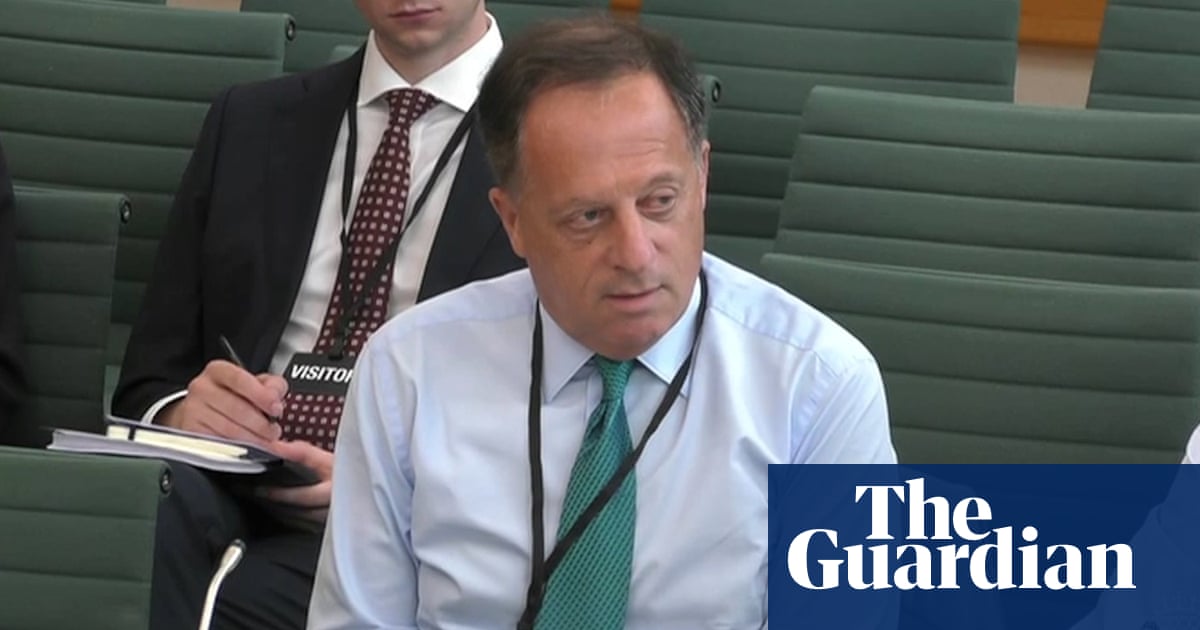
A senior minister appeared to pile pressure on the chair of an upcoming Partygate inquiry to stand down, as he questioned her suitability to conduct the investigation fairly.
Michael Ellis, the paymaster general, suggested Labour’s Harriet Harman should not lead the investigation into whether Boris Johnson misled parliament by repeatedly denying Covid rules were broken at law-breaking No 10 parties.
The privilege committee’s previous chair, Chris Bryant, recused himself for having been an avid Johnson critic.
While the committee has a Conservative majority – with four Tory MPs, two from Labour and one from the SNP – Ellis sought to discredit the possibility it could be seen to handle the subject fairly.
The inquiry is seen as a major danger for Johnson, given deliberately misleading the Commons is said in the ministerial code to be an offence warranting resignation.
Harman is expected to serve as the committee’s chair for the duration of the inquiry, likely to begin within the next month, and aim to issue a report and recommend any sanctions by the autumn.
But Tory MPs suggested she should not lead the investigation given past tweets Harman posted about Johnson’s behaviour.
In April 2022, the former chair and interim Labour leader tweeted: “If u get Covid regs FPN u can either admit guilt or go to ct to challenge it. If PM and CX admit guilt, accepting that police right that they breached regs, then they are also admitting that they misled the House of Commons. Or are they going to challenge?”
Another post by Harman shared a blog by the former Labour press secretary Alastair Campbell, which argued Johnson “broke their own emergency laws”, “lied repeatedly” and “trashed the ministerial code”. Harman added: “And not just any old laws but those which were essential to protect even more people getting infected. These were laws to save lives that they broke!”
Andrew Murrison, a Conservative backbencher, asked Ellis on Thursday if he agreed “that those placed in a position of judgment over others must not have a previously stated position on the matter in question”.
Without Harman’s name having been mentioned, Ellis suggested he agreed that she was not a suitable chair, saying it was a “very good point”.
He added: “It is, of course, an age-old principle of natural justice that no person should be a judge in their own court.
“Where an individual has given a view on the guilt or innocence of any person, they ought not to then sit in judgment on that person. I know that point he is referring to, and I have no doubt that the right honourable lady will consider that.”
A source on the privileges committee said Harman was “going nowhere”, while Labour said she was the best placed person to lead a fair, evidence-based investigation.
Thangam Debbonaire, the shadow leader of the Commons, hit out at “yet another attempt by the Tories to dodge scrutiny and get Johnson off the hook” and added: “The idea that the hair of the investigation must be someone who has never criticised the prime minister is nonsense.”
Harman’s position as the longest serving female MP, a Queen’s counsel and command of “cross-party support” made her “best placed to lead a fair, evidenced-based investigation”, Debbonaire added.
In its final report before turning attention to whether Johnson had misled parliament, the committee pushed for legislation that would ensure MPs could compel witnesses to turn up to the Commons when summoned.
Bryant said an “increasing number of rich and powerful” people had avoided doing so in recent years – from billionaire high street moguls to unaccountable government advisers.












